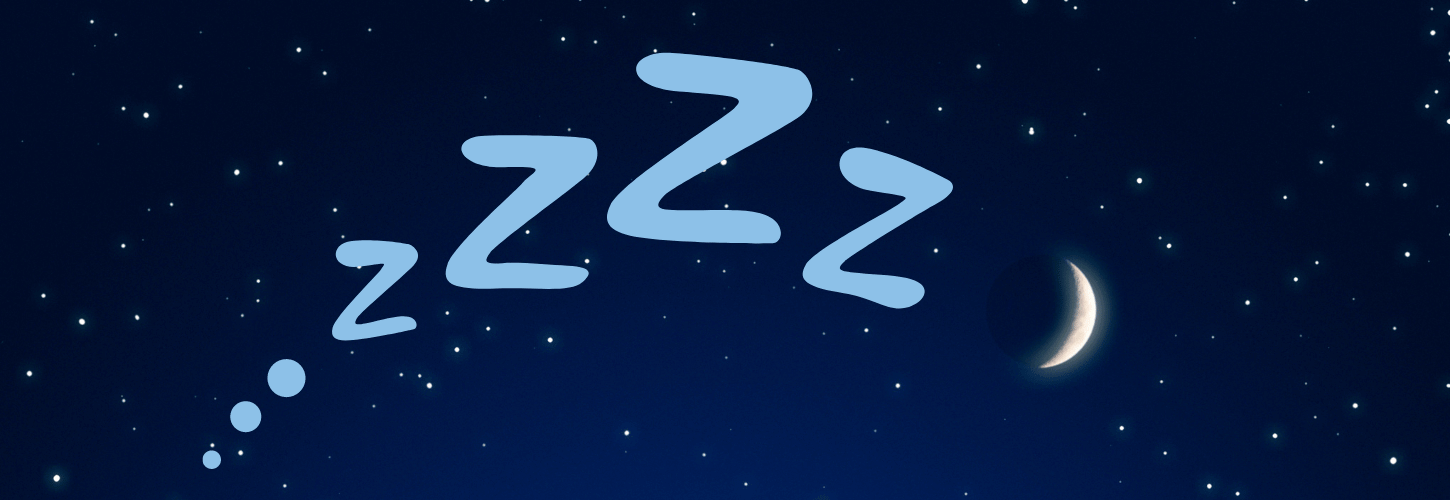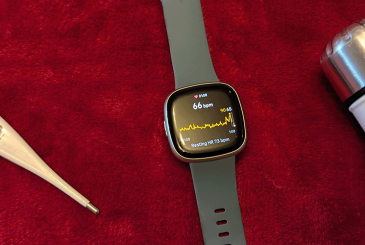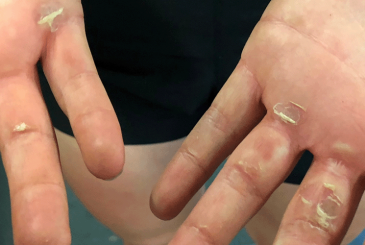Good sleep health requires a good dose of daylight – not always easy during the winter. Sleep specialist Dr Sarah Gilchrist is here to help you achieve a nourishing night’s sleep.
There are lots of things rowers, coxes and coaches need to do to navigate the chilly months from a health perspective, from simply staying warm enough to avoiding and recovering from colds or dealing with chapped lips. You might not immediately inclue having good sleep health on that list, but it deservesw your attention, not least because of its importance for our overall physical and mental health and wellbeing.
Collectively, sleep health refers to having a good sleep routine (regular bed and get up times), adequate sleep duration (healthy adults tend to need between seven to nine hours), appropriate timing of sleep (typically, a solid nightly sleep phase), absence of a sleep disorder and good quality sleep (deep sleep with minimal restlessness). In addition, we need a good daily dose of daylight and of the many factors affecting sleep health, limited daylight is a significant contributing factor to poor sleep health, no more so than during the winter months.
Combine limited exposure to daylight with cold, early winter training starts and heavy training phases, it’s no wonder that a rower’s sleep health can, potentially, be affected at this time of year. The good news is there are some simple strategies that can help with this, and some are outlined below.
To understand why good sleep health requires a healthy dose of daylight, we must first look at how we sleep and the mechanisms which ensure we fall asleep on a nightly basis (in the absence of a sleep disorder).
Understanding ‘sleep pressure’
Two main physiological processes exist to help us fall asleep. First, is our sleep pressure, or our drive to fall asleep. Whilst this is relatively low upon morning waking, the pressure to sleep increases linearly throughout the day and, after a waking period of approximately 14-16 hours, the pressure to sleep increases and we become tired as we head to bed and ultimately fall asleep. As the night progresses, sleep pressure decreases, and we wake in the morning after a typical bout of nocturnal sleep. In healthy adults this is ideally 7-9 hours, although sleep is very individualised, some need more, some less. A good and simple, subjective measure of your sleep being that if you feel refreshed, alert and fully productive throughout your waking hours then you’re probably getting enough sleep. If not, chances are you need a touch more sleep.
Protect, prioritise, personalise, trust and value your sleep
The importance of your circadian rhythm
Secondly, and unrelated, but working synergistically with our sleep pressure, is our intrinsic 24-hour rhythm. Our circadian rhythm. This is a recurring cycle which governs our body’s need to maintain physiological balance (homeostasis). It regulates all our physiological processes, (e.g. digestive activity, body temperature, hormone levels, immune function and sleep) and helps our bodies respond to environmental cues. Everyone has a circadian rhythm and it changes throughout our lifespan, generally settling in adulthood before altering again in old age. It is our sleep circadian rhythm and its relationship with the light/dark cycle is important to consider in the darker winter months.
How are daily rhythm interacts with light and dark involves a complex communication of photic (light) information which passes through the retina, deep into the brain, to the hypothalamus. This houses the governor of our circadian rhythms, the Suprachiasmic Nucleus (SCN). In response to light/dark signals the SCN sends a message to the pineal gland to release a hormone called melatonin – the Dracula hormone (it only circulates at night) – which is a significant precursor to sleep.
The circadian rhythm helps to provide consolidated wakefulness during the daytime hours and continuous sleep during the night. When this doesn’t occur, sleep health can be affected. Basically, anything that de-synchronises our circadian rhythm and disrupts melatonin secretion (e.g. dark mornings, long-haul travel or evening screen-time), results in our sleep health being negatively affected. This is why regularity breeds sleep and why our daily routines are so important for promoting good sleep habits.
Sleep coach Nick Littlehales talks about why it’s time to redefine sleep and the benefits of doing so here.
Winter blues
In addition to our body’s need for regular daylight exposure to aid sleep and wakefulness, we need daylight for our mood too. Commonly experienced in the winter months are feelings of low mood and lethargy and this is partly related to sleep and the light/dark cycle. As melatonin levels remain elevated with the dark days, associated serotonin levels (a mood regulator) are suppressed and we are more susceptible to gloomy feelings.
In extreme cases this can be related to seasonal affective disorder (SAD) where feelings are more pronounced than occasional winter blues. In cases such as these, contact your GP for support. The good news is, regular exposure of daylight, particularly morning light, even for just 15-30 minutes a day, is enough to lift our mood and help our sleep/wake balance, improve focus and attention and ultimately boost overall health and wellbeing.
20 tips for good sleep health
While maintaining a good sleep routine and seeking daylight as much as you can in the dark winter months, there are some other more generic strategies you can adopt to help promote good sleep health. Here are some simple tips to help you combat the winter blues and achieve a regular, good sleep strategy.
- Ensure you’re getting the recommended 7-9 hours’ sleep
- Have a sleep routine
- Regular bed and wake times help sleep onset and ensure sleep is maintained throughout the night
- Set a wake-up time and work backwards to get the right bedtime
- Avoid regular excessively late nights or long lie-ins
- Seek exposure to daylight daily
- Possibly consider light therapy where a light box or light goggles can be used to simulate exposure to sunlight, particularly on dark winter mornings where you need to be up early and ready to train, work etc.
- Exercise regularly, ideally in daylight
- Don’t exercise too close to bedtime – ideally stop two hours before bedtime
- Eat at normal mealtimes with a small snack in between, if needed
- Avoid large meals before bed
- Ensure you have a sleep environment to help achieve good sleep – calm, low light, no noise, comfortable, ambient temperature
- Avoid devices in bed/bedroom
- Consider eye masks/ear plugs/blackout blinds
- Invest in a good ‘sleep system’ – bed, pillow, mattress and duvet
- Try some gentle interventions to help poor sleep e.g. cognitive behavioural therapy (CBT – see your GP for advice)/mindfulness/breathing exercises/meditation
- Avoid stressful news/situations before sleep time
- Limit caffeine and alcohol intake – avoid excessive caffeine, alcohol especially before bed
- Recognise everyone has an individual sleep need – what works for one person might not work for you
- Use sleep medication as a last port of call – see your GP and only take sleep medication once you’ve exhausted all other practical strategies to improve your sleep.
Echoing this research about The ‘5 principles’ of good sleep health, protect, prioritise, personalise, trust and value your sleep.
You can get further information around sleep health and circadian rhythms from The Sleep Charity. Finally, if you would like bespoke advice regarding your sleep, you can contact Dr Sarah Gilchrist here.
This article was first published in January 2022.










